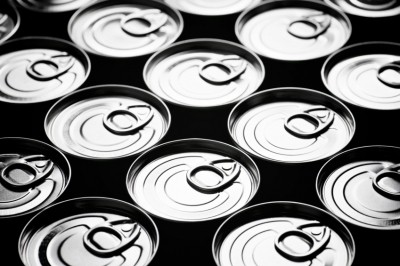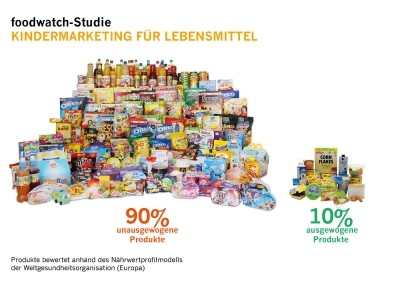Grain of truth in fast food & infertility link, study states

The paper’s revelations add to a significant body of research pointing to the detrimental effects fast food can have on health and wellbeing.
As well as the familiar issue of obesity, fast food has been strongly linked to conditions such as depression, asthma and food allergies.
The issue centres on chemicals known as phthalates, which belong to a class of industrial chemicals used to make food packaging materials, tubing for dairy products, and other items used in the production of fast food.
Previous research has observed a leaching effect of these chemicals, contaminating the highly processed food contained inside.
Study details

Dr Ami Zota, lead author of the study, who works as an assistant professor of environmental and occupational health at George Washington University began looking at data on 8,877 participants.
These subjects, aged six and older, were surveyed about their diet in the past 24 hours, including consumption of fast food.
These subjects provided a urinary sample that could be tested for the breakdown products of two specific phthalates - DEHP and DiNP.
The team discovered that the more fast food subjects ate the higher the exposure to phthalates.
Those that consumed the highest quantities of fast food had 23.8% higher levels of the breakdown product for DEHP in their urine sample.
These individuals had close to 40% higher levels of DiNP metabolites in their urine compared to those, who did not consume fast food in the previous 24 hours.
Grain also to blame

Surprisingly, fast food was not the only source of phthalates. The team found that grain and meat items contributed greatly to phthalate exposure.
Zota commented that other studies had also identified grains as a source of exposure to phthalate, placing bread, cake, pizza, burritos, rice dishes and noodles in this category.
A recent Norwegian food monitoring study suggested that grain consumption may be the main source of DEHP and DiNP daily intake.
“Since grain products are found on the exterior of foods such as pizza or burritos, they may be in greater contact with packaging materials,” the study noted.
In addition, some epidemiological studies demonstrated the positive associations between consumption of meats, fats, and dairy products and DEHP.
In discussing the results, the team highlighted some important differences between DEHP and DiNP, recognizing the associations was 40-50% higher for DiNP than DEHP.
Additionally, associations for fast food derived fat and DiNP were more pronounced than associations for total fat intake and DiNP suggesting DiNP contamination sources may be specific to fast food.
Zota noted that frequent consumption was not recommended because such foods contained higher amounts of fat, salt and calories.
"People concerned about this issue can't go wrong by eating more fruits and vegetables and less fast food," she suggested.
"A diet filled with whole foods offers a variety of health benefits that go far beyond the question of phthalates."
Source: Environmental Health Perspectives
Published online ahead of print, DOI:10.1289/ehp.1510803
“Recent Fast Food Consumption and Bisphenol A and Phthalates Exposures among the U.S. Population in NHANES, 2003–2010.”
Authors: Ami Zota, Cassandra Phillips, and Susanna Mitro















